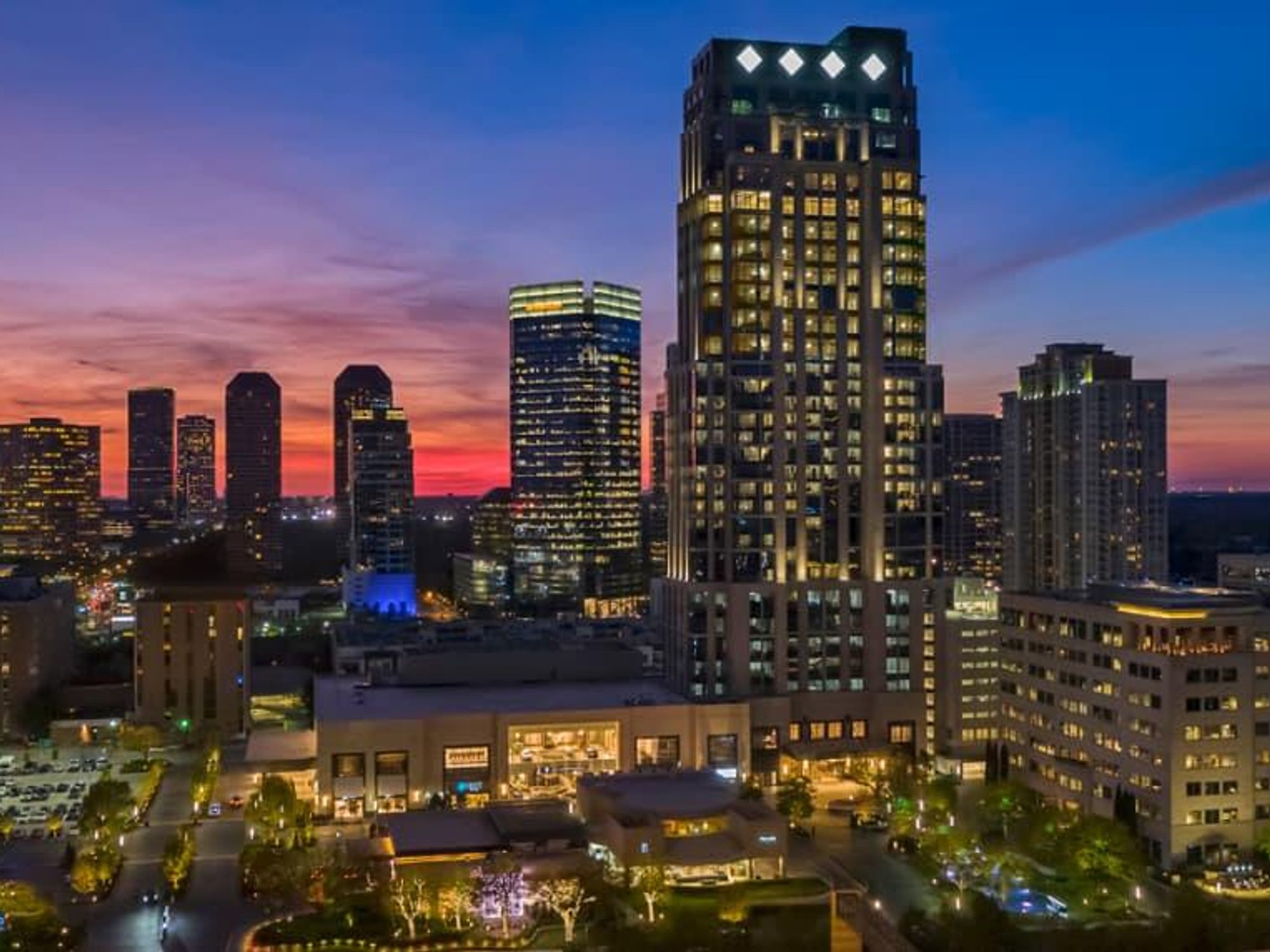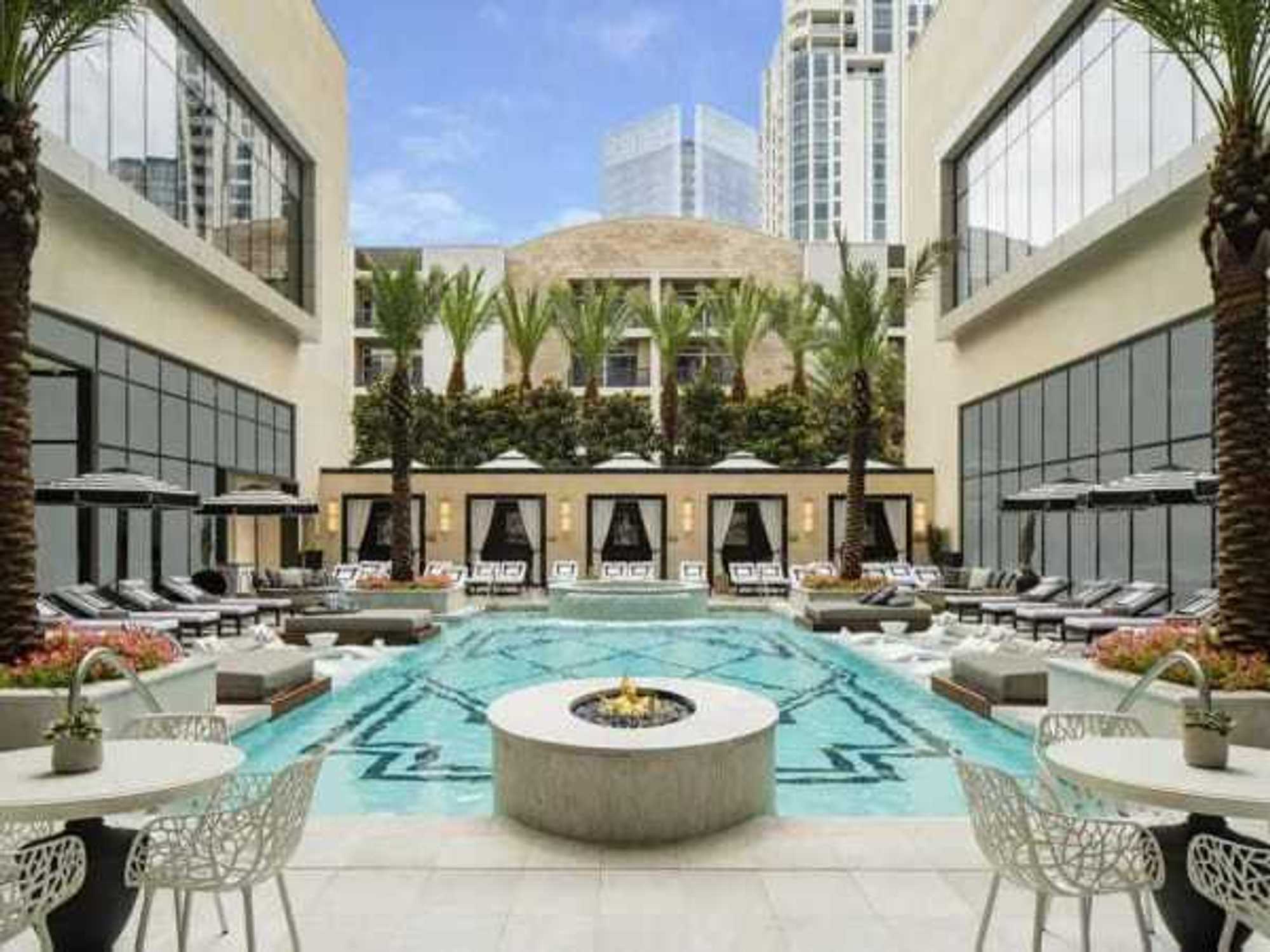Impact of COVID-19
Houston hotels suffered Texas' fourth biggest drop in revenue during pandemic

Houston hotels have suffered during the pandemic, adding up to the fourth biggest drop in revenue among Texas' major metro areas.
A report released September 15 by local hotel consulting firm Source Strategies Inc. shows hotel revenue in the Houston area plunged 61.4 percent in the Houston market, with an occupancy rate of 37 percent. In the second quarter of last year, the occupancy rate was 65 percent.
The Bayou City actually fared better than its Texas neighbors. Statewide, hotel revenue plunged a record 64.1 percent, while the occupancy rate slid to 35.8 percent.
To put that data into perspective, Source Strategies says the second-quarter losses added up to more than the total losses racked up during the Great Recession.
“This is an economic disaster on a scale that we have not seen before, and we have been covering the Texas lodging industry for more than 30 years,” Todd Walker, president of Source Strategies president, says in a release. “Hotels are under extreme financial pressure at this point, and many will not be able to survive if this low level of demand continues into next year.”
Texas’ other major metro areas didn’t escape the damage caused by the coronavirus pandemic. Second-quarter hotel revenue dropped:
- 79.7 in the Austin area. Occupancy rates are now 32.8 percent, down from 76.8 percent in the second quarter of last year. It's the biggest drop in revenue ever recorded for the city— and the biggest anywhere in Texas.
- 74.1 percent in San Antonio. The occupancy rate sank to 31.6 percent, down from 67.6 percent in the second quarter of last year.
- 72.9 percent in the Dallas market, with an occupancy rate of 32 percent. In the second quarter of last year, the occupancy rate was 72 percent.
- 70 percent in the Fort-Worth Arlington market, with an occupancy rate of 31.1 percent. In the second quarter of last year, the occupancy rate was 65.9 percent.
Texas markets that turned in the best financial performance in the second quarter were Corpus Christi and Brownsville-Harlingen, where hotel revenue declined less than 20 percent, the report says.
The state’s top RevPAR performers were mostly along the Gulf Coast in places like Galveston, Port Aransas, and South Padre Island. Galveston’s San Luis Hotel took the state’s No. 1 RevPAR spot in the second quarter, at $148.06. That compares with $223.94 in the second quarter of 2019 when it the No. 17 spot statewide.
Locally, second-quarter RevPAR for Tilman Fertitta’s Post Oak Hotel at Uptown tumbled from $203.83 to $90.17, shifting it from the No. 27 position last year to the No. 23 position this year.
Here are examples of how jumbled the second-quarter RevPAR numbers for the state’s major metro areas were:
- At No. 61, the Doubletree Hotel Austin ranked first in the Austin market for RevPAR, at $74.98. Its statewide RevPAR ranking in the second quarter of last year was 316th. Low-cost hotels dominated the rest of Austin’s second-quarter RevPAR leaders.
- In the Dallas market, the Residence Inn Dallas West topped the list for RevPAR, at $60.58, good enough for 142nd place statewide. In the second quarter of 2019, its RevPAR was $98.16, landing it in 550th place.
-
Hotel Emma ranked third in Texas during the second quarter of 2019 with RevPAR of $300.94. In the second quarter of this year, the Pearl hotel’s RevPAR fell to $93.99 — putting it in 17th place statewide.
- In Arlington, the Residence Inn racked up RevPAR of $99.34 in the second quarter, down from $122.25 during the same period last year. That pushed the property up from 248th on the second-quarter RevPAR list last year to 10th this year.
